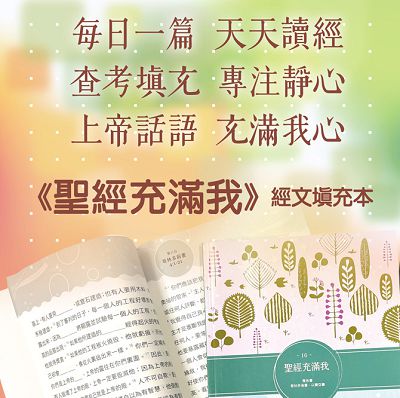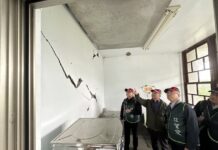July 4-10, 2011
Headline News
PCT hospitals and staff convey concern for DEHP food scare
Reported by staff reporters
Written by Lydia Ma
Taiwanese consumers these days cringe at the word “plasticizer” (DEHP) whenever it’s mentioned. The chemical term became infamous in May 2011 when a Department of Health technician surnamed Yang discovered that DEHP had been found in clouding agents used for food. Affected items included sports drinks, juice, tea beverages, syrup and jams, as well as tablet supplements and powdered food products.
This food scare wasn’t merely a national crisis for it generated international concern and marred Taiwan’s reputation and credibility as an exporter. Taiwan’s Department of Health Minister Chiu Wen-ta called for mass inspections so that foods could be certified to be free of DEHP before being put on the market. Retailers in violation of the ban will be punished in accordance with the Act Governing Food Sanitation.
Chiu, a member of Da-an Presbyterian Church in Seven Stars Presbytery in Taipei and former Wan Fang Hospital Superintendent, has contacted PCT General Secretary Andrew Chang and asked for his prayers.
According to Chang, Chiu is a devout Christian and his efforts and good management skills were crucial in securing Wan Fang Hospital’s comeback and success as a hospital in Taipei. Chang urged Taiwanese Christians and PCT churches to pray for Chiu so that this controversy will be handled well so that God will be honored in the end.
Commenting on the recent controversy, Taiwan Church Press President Joseph Chen said that when it comes to food safety, the onus is on the government. Having worked in the food sector for more than 20 years before becoming a full-time pastor, his experience tells him that the solution to this problem is to find the source – the companies responsible for making food additives. Chen said that it’s impossible to expect every food manufacturer down the line to own inspection equipment capable of checking whether every raw materials they purchase are safe.
In other words, checking stores for DEHP is useless in solving the problem because it doesn’t nip the issue at the bud, said Chen. The Ma administration should instead reexamine food safety laws and fix the problem by monitoring raw material providers if it wants to regain the trust and confidence of Taiwanese consumers.
At the same time, consumers needn’t be overly alarmed, said Dr. Tang Feng-cheng from Changhua Christian Hospital who oversees patients who need medical attention for DEHP-related issues. He added that in the weeks since the scandal broke, CHC has seen over 100 patients concerned about DEHP poisoning, but no case has been reported so far
Tang told Taiwan Church News that the usual hospital protocol for patients complaining of possible DEHP poisoning is to check the nervous, respiratory, digestive, reproductive and endocrine system for abnormalities.
To patients who have lined up to see him to ensure that they haven’t been poisoned, he underscored that there are many harmful chemicals in our environment already that can make people sick, and not every illness should be traced to DEHP.






